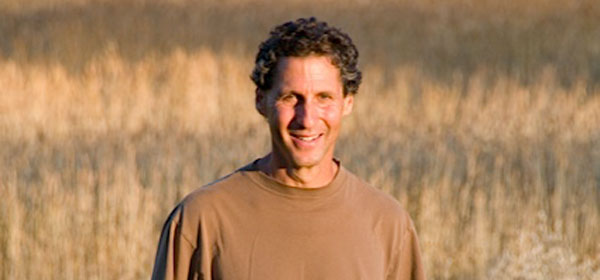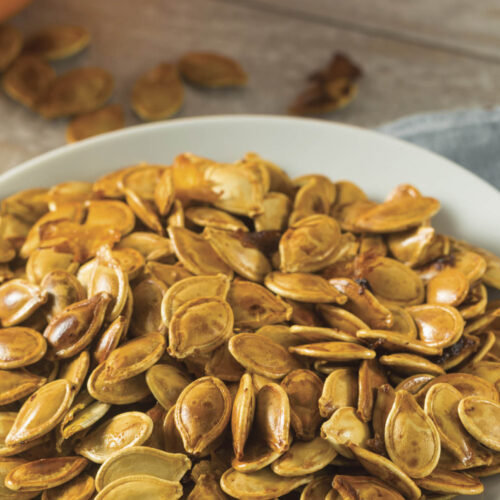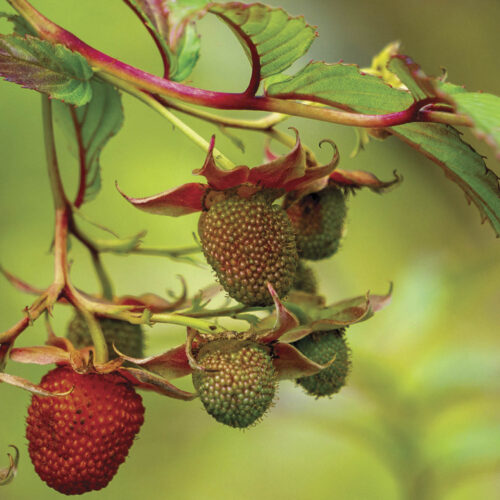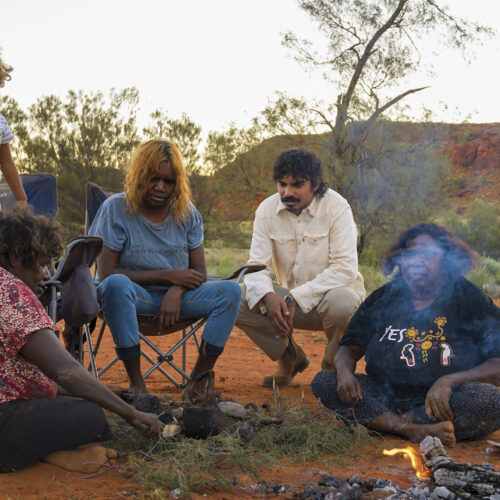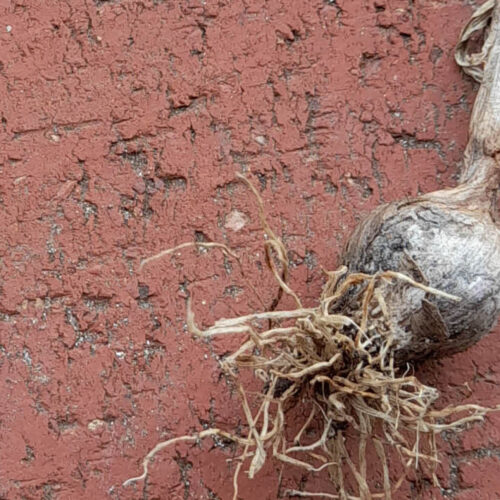Michael Ableman: Organic farming
2012-04-19T04:26:56+10:00
Internationally renowned farmer, speaker, author and leader in sustainable organic agriculture Michael Ableman talks about his ideas for urban agriculture, writes PHIL DUDMAN.
Michael is the founder of The Centre for Urban Agriculture at Fairview Gardens, a non-profit organisation based on one of the oldest and diverse organic farms in southern California, where he farmed for 20 years.
His books include, “On Good Land – the Autobiography of an Urban Farm” and “Field of Plenty – A Farmer Journey in Search of Real Food and the People Who Grow it”
Speaking with Natasha Mitchell, on ABC Radio National’s ‘Life Matters’, Michael said,
“25 years ago when I started using the words ‘urban’ and ‘agriculture’ together, people considered it a contradiction of terms. Now it’s very much becoming a part of the public lexicon. It’s recognition of the need to be growing at least a part of our food needs within our cities and the region immediately surrounding our cities.”
“It’s critically important that urban residents begin to participate more in the way that their food comes to them.”
Michael believes that the critical issue in our food supply is that so few are growing food for so many.
“It’s not so much a food crisis, but a crisis in participation. The fact that so few people are responsible for providing a service that is so essential to our survival is not a healthy situation. We need to correct the imbalance and get far more people involved in that process”.
It’s not just about backyard growing and community gardens. Michael has demonstrated that it is possible to run successful urban agricultural business on blocks of land as small as ½ acre. He leads a project called ‘Sole Food’ a social enterprise that operates on multiple half acre plots in urban Vancouver, Canada. It provides employment and feeds the community, producing 30 different fruits and vegetables utilizing dense planting techniques and vertical systems to maximize space.
A part of Michael’s vision is the conversion of high maintenance lawns and public land (including roadsides) into food production. To solve some of the typical urban issues, his team has developed a system of growing boxes which isolates the crop from potentially contaminated soils and allows growing spaces to be moveable, so that land owners don’t have to tie up their interests in a farming project long term. It certainly adds new meaning to the Urban Agricultural ‘Movement’.

